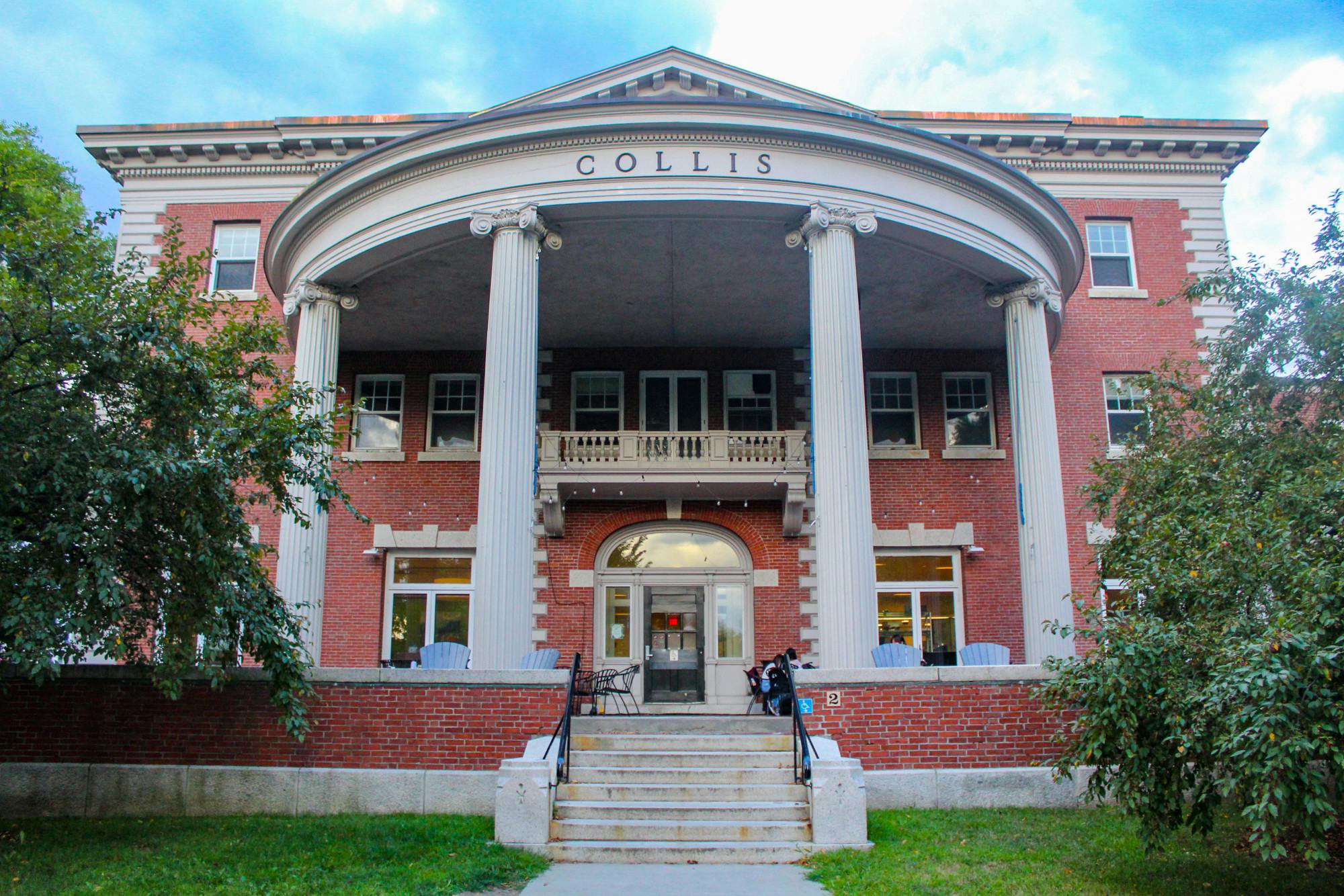Every spring, students crowd on Gold Coast Lawn, humidity and all, to see the headlining act for Green Key Weekend. The excitement on campus is so infectious that some even skip classes to get the weekend started just a little sooner. Though Green Key has other events that make the weekend big — activities in Collis Center, free food trucks and performances by student bands— the Friday night concert is definitely the highlight. Green Key, and other events throughout the year, are organized by the Programming Board, a student-run organization that works to create inclusive social and entertainment events on campus, according to their website.
The club consists of a general body, open to anyone, and an executive board that has logistical meetings separate from the general body. The executive board is elected by the PB’s general student body.
Jaime Nicholson ’26 — a member of the executive board — elaborated on the reasoning for the board’s lack of a fixed structure.
“Our executive board is not very structured,” she said. “Some people prefer to do concert-related things, some people prefer to do logistical things and some people love doing events. We all fall where our strengths lie.”
According to Kennedy Wiehle ’25, there can be confusion about what the organization’s role is on campus and the fact that it is entirely student run. .
“The biggest misconception that there is on campus is that our events are not planned by students,” she said. “There are a lot of people that are surprised that Green Key is a student planned [event]; it’s completely us.”
Considering the scale of some of the events that PB brings to campus, the work they do bolsters the campus social environment. A large part of that accomplishment is done with the help of student involvement director David Pack. Pack has acted as advisor to PB since 2014, and his familiarity with the organization is one of the aspects of the PB that allows it to function.
Pack describes his role in PB as a liaison between students and the many institutions, organizations and individuals they correspond with.
“With a ten-week term, I want the Programming Board to be able to focus on ideas and staffing events, so part of what I do is try and help them navigate the bureaucracy of it,” he said.
Pack’s long relationship with PB has also helped the club refine its operations, especially with regard to contacting local vendors for a range of services, from providing pottery resources and donut glazes to setting up stages for concerts.
“With nine years here, a lot of our contacts have developed over time. It is easier to connect with vendors in the area,” Pack said.
Still, he emphasized that the point of PB isn’t just to negotiate policy or contract vendors. It’s ultimately to put plans into action.
“A lot of it is just working with the Programming Board to see what their ideas are, and then thinking about how we can take this from an idea into something that’s actually possible with all the parameters and policies here,” he said.
Wiehle seconded this, elaborating that the Programming Board’s primary goal is to make student ideas for events come to fruition.
“It’s students saying, ‘This is what I’d like to do on campus,’ or ‘[This is] what I’d like to bring to campus.’ I would say it’s just students looking out for other students,” she said.
Beyond the big events that Programming Board presents throughout the year, such as Green Key or Fallapalooza, the club keeps busy with numerous smaller events. Nicholson said that she helped organize a low-key event called “Glaze It” last spring.
“We had donuts and some pottery painting. People could come in, and we would pour the paints for them,” she said. “It was just nice to be able to do something that was relaxing for everyone.”
For Wiehle, the best part about PB is the varying levels of involvement students can have in the organization.
“We welcome anyone to come and help out, pitch ideas, anything. We usually will email out sign-up forms or link them in our GroupMe,” she said.
Nicholson echoed the inclusivity of the space and how welcomed she felt when she joined.
“I had wanted to join, but hadn’t really realized how [to do so],” Nicholson said. “I found out one of my friends was in the club, and I asked him to add me to the GroupMe, and then I started showing up to meetings. I pretty immediately felt accepted by the group, and I really loved the work they were doing.”
The Programming Board’s upcoming event, set to take place on Nov. 3, reflects the organization's passion for student inclusivity through cultural representation.
“We’re doing a collaboration with Native Americans of Dartmouth, and we’re bringing Halluci Nation, a Native DJ duo, to campus,” Nicholson said. “It’s been fun to collaborate with affinity groups, because sometimes people don’t see themselves as represented in [our programming], so we’re really trying to say ‘What can we do for you?’ or ‘How can we help?’”
Every term, PB plans a handful of events to make student life on campus more enjoyable, yet few of their attendees know the students that work to make it happen. If you do choose to go to the PB’s next event, at least you’ll know a little more about the students doing the work behind the Gold Coast stage.




